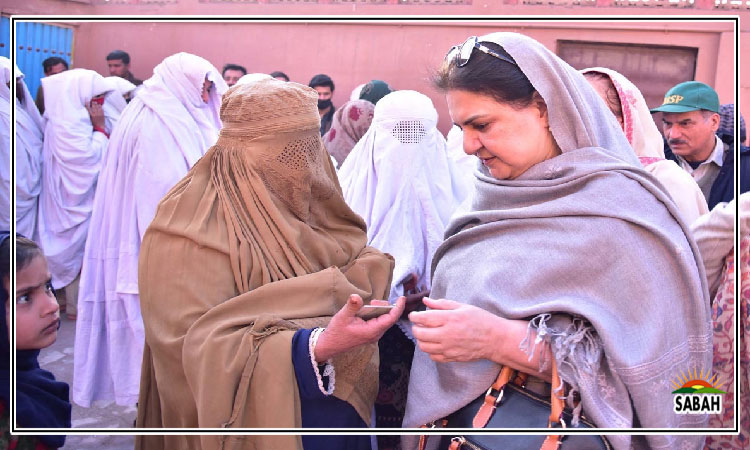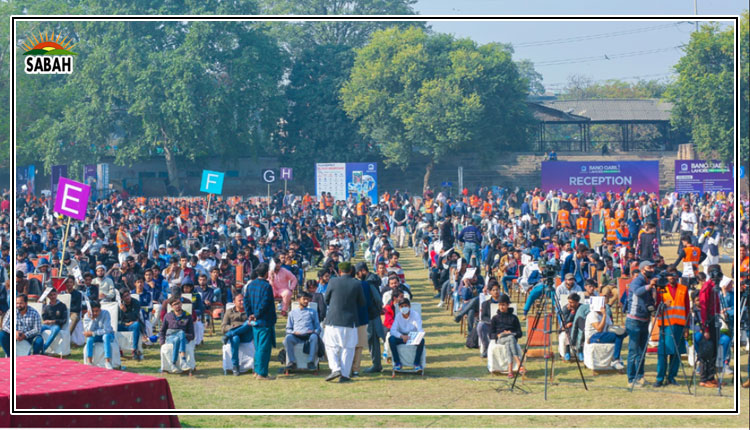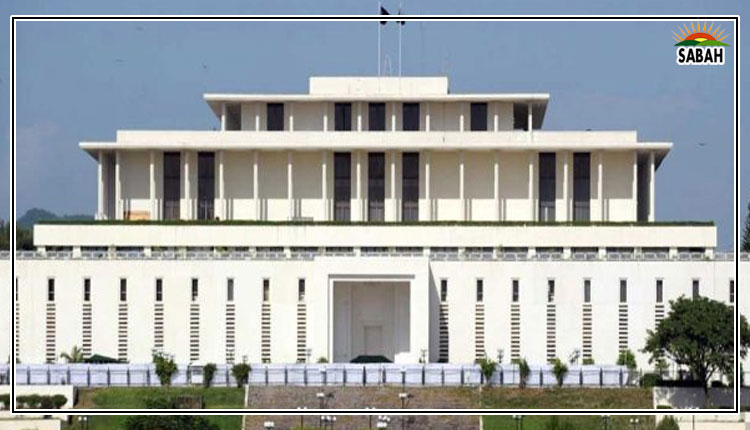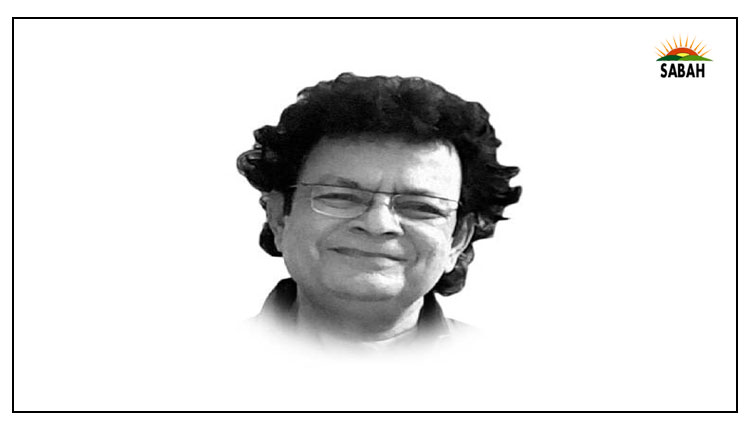Rule of the ‘holy’ alliance…Aftab Ahmed Khanzada
In 2021, the Noble Prize in Literature has been awarded to Tanzanian-British novelist Abdulrazak Gurnah. He wrote a novel, Memory of Departure, in 1987. This is the story of a 15-year-old boy Hasan Omar born in a poor costal region of East Africa. All around him there is only poverty, despair, corruption and all kinds of indecency. Every individual of Hasans family is a victim of this environment. But everyone accepts its influence in their own individual way: his failing father finds refuge in alcohol and tortures wife and children; his sister seeks escape in the arms of non-men; his traditional, defeatist and oppressed mother is endures everything silently in an effort to maintain the basic structure of her house. All members of the family are ashamed of each other, but at some level their hopes are bound up with Hasans aspirations. Hasans thoughts are high and his goal is clear, but he does not want to reach the destination alone. He also wants to rid all in his surroundings of the poverty and despair.
Such an environment is normal in post-colonial societies like Pakistan of today. And Hasans story is the story of almost every youth of our country. The question is whether these conditions have surfaced automatically, or they have been crafted very quietly. And those who are forced to bear with such an environment are made to believe that only this is their destiny.
This whole game was first understood by Paulo Freire, a Brazilian educator. He had experienced the pangs of hunger firsthand. Such harsh conditions had a profound impact on his life; due to miseries, he fell far behind in his studies. This crisis led him to pledge at the age of 11 that he would spend his life fighting against hunger so that other children do not have to face the physical and mental pain that he was experiencing. Spending his early years with the poor gave him the opportunity to discover the culture of silence of the underprivileged. He says that dominant elite do not listen to the voice of the common people. They propagate their thoughts through schools and other institutions which cater to the common people. This is how they guide the mindset of the oppressed class which forms a negative image of their very own self , and are never able to achieve autonomy in their lives. By creating specific circumstances, people can be forced to think the way you want them to think. This is called slavery of thought. There can be no other more successful method of keeping people under control. This way, humans become objects.
A study of the 76 years of our countrys rule makes a horrible revelation that corrupt politicians, religious extremists, bureaucrats, feudal lords and capitalists continue to rule us by using the method of the slavery of thought. The mentioned classes make a powerful alliance. All of them have relationships with each other and unbreakable friendships. All of them take care of each others interests. They continue to strengthen each others rule. They enjoy authority over the countrys resources as well as decision-making.
In his book The Man Who Mistook His Wife For a Hat, Oliver Sacks writes: If a man has lost a leg or an eye, he knows he has lost a leg or on eye; but if he has lost a self himself he cannot know it, because he is no longer there to know it.
In his autobiography, Bertrand Russell writes: I am aware of the sadness and despair that is in my soul. I know of the bitter loneliness that hurts. Like a ghost I wander the world. I speak in such voices that are not heard. I seem to have fallen here from another planet.
We too have become the ghost because we all have lost ourselves the ghosts that have been wandering for years, carrying the burden of sorrow and grief.
Courtesy The Express Tribune












